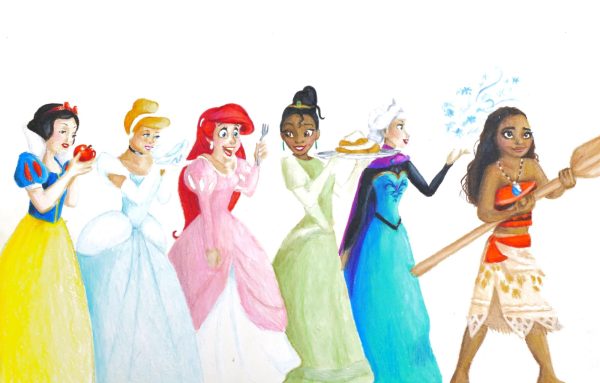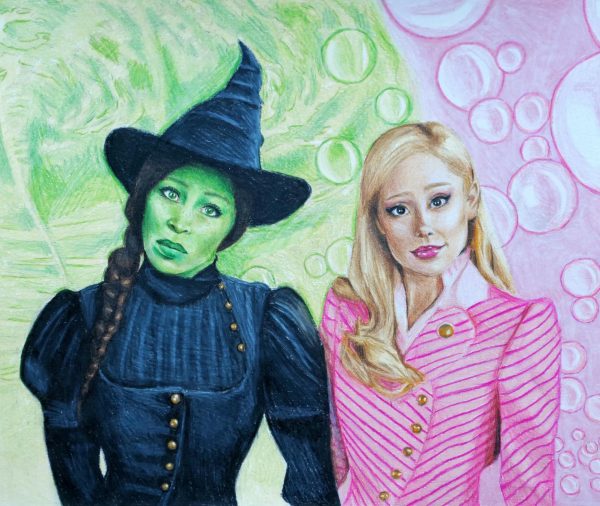End(game) of MCU era
I was five years old when Iron Man (2008), one of the first films I ever saw in theaters, was released, and ever since then, I’ve loved the Marvel Cinematic Universe (MCU). Capping the first wave of MCU movies is Avengers: Endgame, a beautiful, colossal experience of a film that is a bombastic and poignant conclusion of the eleven year “Infinity Saga.”
Avengers: Infinity War (2018) introduced Thanos (Josh Brolin), the hulking purple “Mad Titan” whose sole purpose is to bring his own skewed perception of “balance” to the universe by extinguishing half of all living organisms. Infinity War detailed Thanos’s endeavor to obtain and assemble the scattered “Infinity Stones”, and in a way, was his own story — once he collected all six stones, he completed his selfprofessed “hero’s journey” with a snap of a finger. Anthony and Joe Russo, the directors of Infinity War and Endgame left me with mouth agape as I watched many fan-favorite heroes such as Black Panther (Chadwick Boseman) and Spider-Man (Tom Holland) dissolve into ash.
Ever since I was a baby, I’ve absorbed anything Marvel, whether comics, TV, or movies. Spider-Man was always my favorite, and Tom Holland’s portrayal of the character feels almost too good to be true. So seeing Spider-Man, along with other favorites, [spoiler alert!] die was something nobody could prepare for.
Endgame begins as if it too is in a state of grieving, with gray tones permeating the world. Earth is reflecting on the past, with a five-year jump showing how each hero has coped with their failures. Hawkeye (Jeremy Renner) has become a ruthless vigilante; Tony Stark (Robert Downey Jr.) has retired to a family life; and “fat” Thor (Chris Hemsworth) has fallen into an alcoholic pit of self-pity. It is at this time that Ant-Man (Paul Rudd) escapes from his imprisonment in the “quantum realm,” a microscopic universe that doesn’t apply to the rules of time. This is the second chance that the Avengers needed: Ant-Man’s idea for a “time heist” sends the Avengers back in time to important hallmarks of the MCU to retrieve the Infinity Stones before Thanos can even begin his quest.
Endgame brilliantly approaches the concept of time travel with the idea that tampering with time, instead of changing the already-established past, will break off into its own independent time line. This concept stands as an opportunity to recap and re-explore the MCU without damaging its continuity, and is a way for the audience to see how far Marvel has come ever since the first Iron Man movie 11 years ago.
Even with an unprecedented run-time of just over three hours, the film’s pacing is near-perfect, subverting expectations by going slow at the start. The time travel concept effectively justifies important points in the movies for a payoff so massive and unforgettable that it will leave even non-Marvel enthusiasts in tears. Avengers: Endgame brings a satisfying payoff to an 11-year saga, brimming with humor, massive battles and unforgettable moments. It’s a final goodbye to over a decade of ingenious storytelling, and it’s a goodbye to a part of my own childhood.
The conclusion of Endgame is in essence an homage to the fans, and it naturally culminates each film spent building to this conclusion near-perfectly.
Your donation supports the student journalists at Brea Olinda High School! The contribution will help us purchase equipment, upgrade technology, and cover our annual website hosting costs.








